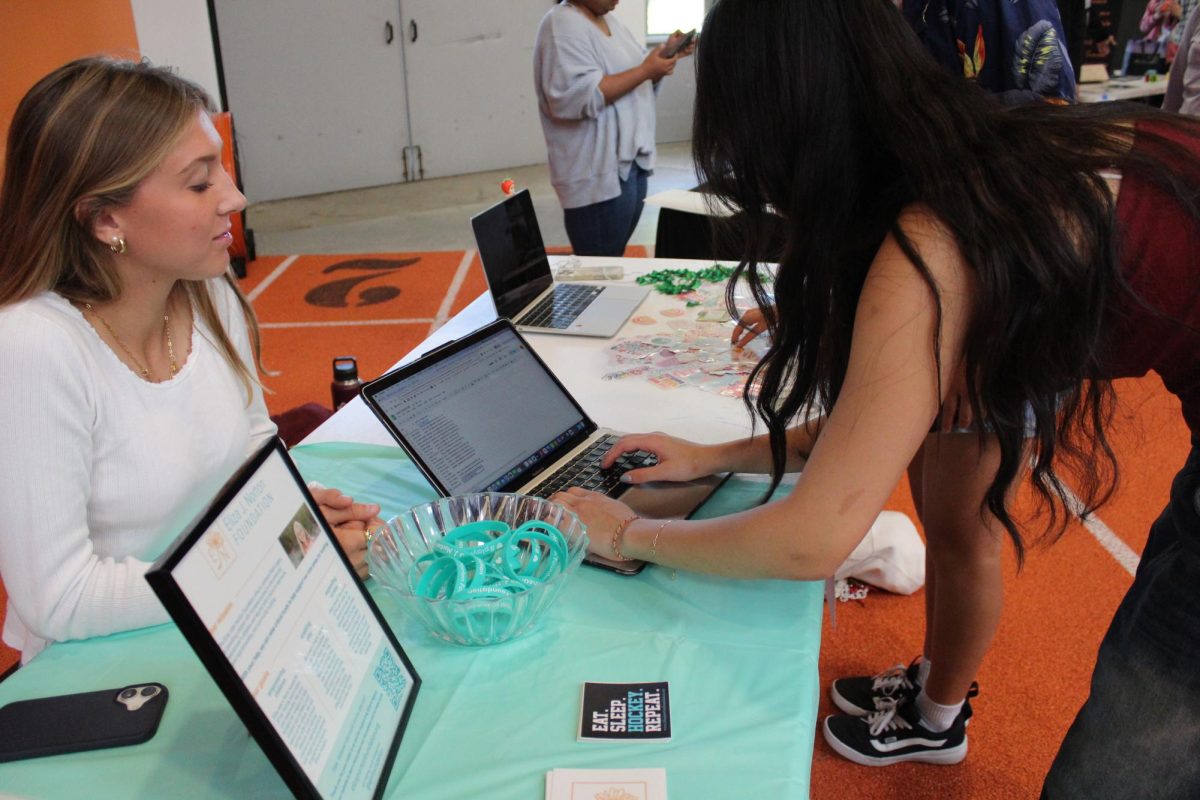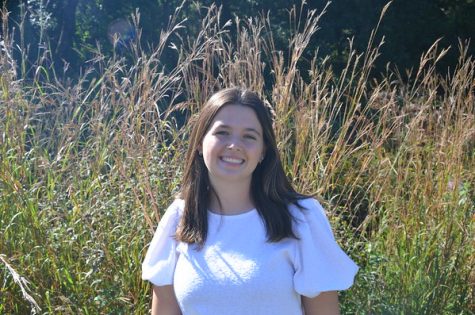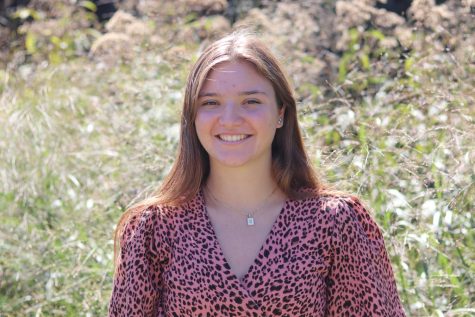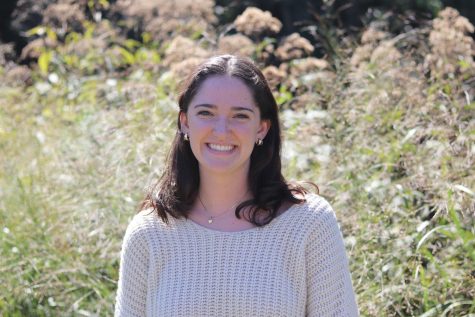WHS Social Science course resumes its annual prison field trip
Credit: Nina Wilson
Wayland High School students taking the Social Science course had the opportunity to visit the Massachusetts Correctional Institution at Norfolk, the second largest medium security prison in Massachusetts. Through the program Project Youth, students were able to sit down with inmates to talk about their personal experiences and how they ended up in prison.
June 12, 2023
The second semester of the Social Science course taught at Wayland High School is about crime. The crime unit teaches students about prisons and jails in Massachusetts, and gives them the opportunity to visit a prison in-person. There are four separate Social Science classes taught by teachers David Gavron, Erin Lehmann and David Schmirer.
The prison field trip has taken place since the early 1990s, and allows students and teachers to hear about prisoners’ experiences face-to-face. This year, there were three different trips to the prison since there was a limit on the number of students who could attend at once. The trips took place on Thursday, April 13, Thursday, April 27 and Friday, April 28. The prison they attended, the Massachusetts Correctional Institution at Norfolk, is a medium security prison.
“I was excited for the trip because you never get to really speak to someone who is going away for a murder or a serious crime,” senior Billy Burke said. “You usually only see it on the news, so being face to face with people who are being put in jail was really interesting.”
During the trip, WHS students got the chance to sit down with inmates who are a part of the Project Youth program at the prison. In order for prisoners to become a part of the Project Youth program, they need to be remorseful for their crimes, as the program entails them sharing their personal experiences and how they ended up in prison.
“To us in the history department, it’s always been very important for us to see and understand the behaviors, thoughts and emotions that lead to a person becoming incarcerated and really understanding that these are human beings,” Schmirer said.
The purpose of the Project Youth program is to teach students smart decision making skills. However, there is a deeper meaning of the trip for teachers.
“We lock up more people than any country in the world and nobody seems to question it,” Lehmann said. “It is like this thing that our society does that very few people talk about or understand. Our country spends billions of dollars on incarcerating people only to have most of them get let out and find themselves back into prison.”
The teachers also want to shed light on the types of circumstances that may lead someone to end up in prison. According to Lehmann, she believes this trip allows WHS students to understand the situations of people from different backgrounds who are incarcerated.
“Coming from this type of [wealthy] community, it is rare for a person to go to prison, but if you are from a different socioeconomic background, you know lots of people that go to prison,” Lehmann said. “But those tend to be the neighborhoods with the least resources, education and money.”
Before the trip, Social Science students learn about prison rates, recidivism rates and more information about prisons across the country. Many issues having to do with youth crimes and mental health issues were brought up during the unit.
“A lot of the work that we did ahead of the trip created really excellent questions on mental health in prison,” Schmirer said. “[For example, some students asked] whether the treatment that prisoners are being offered is enough or if prisoners feel that they’ve made progress from the time that they entered prison to now. I thought that really awesome questions were asked on the trip.”
According to Burke, the trip provided him with an important insight into the life and thought process of a prisoner. He was able to hear stories directly from inmates, which created a more personal connection and deeper understanding of prison for him.
“I really enjoyed the trip, and it was interesting to hear these people talk about their crimes and hearing what moments led up to what sent them to jail,” Burke said. “There was a prisoner who had killed a boy at 16-years-old, we don’t have that type of thing happen in Wayland, so it was kind of fascinating to hear how someone who had been so young could take another kid’s life.”
While the trip gives students the opportunity to hear about mental health in prison and learn about the American legal system, it also serves as a chance for students to learn life lessons and types of activities they should avoid.
“One of the reasons I feel really strongly about taking students on this trip is because I do worry about people making poor decisions,” Lehmann said. “If this trip can prevent one of our students from ending up in the system, then I am 100% for it. Bad things can still happen to good people in wealthy towns.”
The WHS Social Science teachers believe that the trip is an extremely beneficial part of the course. Students are not only able to hear about prisoners’ experiences in jail, but they are also able to gain a sense of appreciation for the freedom they have.
“I think the thing that stands out for me is that when we depart [from the prisoners], we get to go back outside of the prison wall, and yet all of these people have to stay,” Schmirer said. “It just makes me ponder and appreciate the choices that I’ve made and the freedom that I have, and this is part of the goal for the students as well.”




























